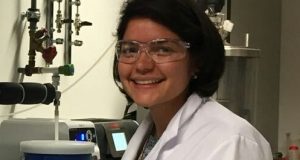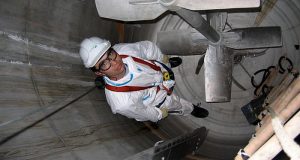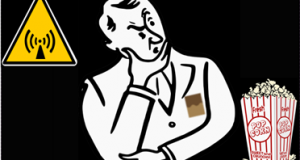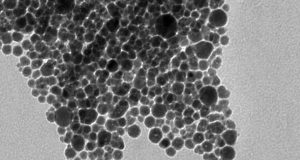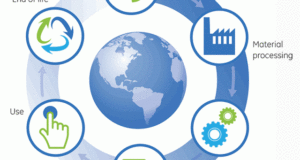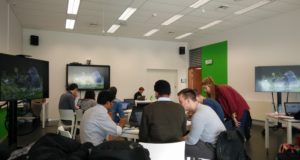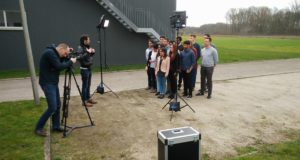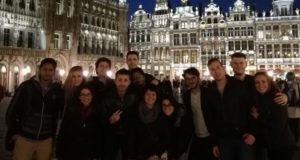— Heidy Ramirez, Arkema It has been two months since I moved to Leuven, Belgium for my secondment at KU Leuven. Wait a moment… why am I in Belgium and what is a secondment? Marie Curie projects are characterized by international mobility, intersectoral and multidisciplinary exchange; a secondment is a short period of time in which the ESR is received by ...
Read More »Blog
Easier, Faster and with Less Waste: Complex Molecules on Tap
— Vidmantas Bieliūnas, KU Leuven When I first had the opportunity to visit a rather small and shabby chemical plant, I was bewildered by the sheer magnitude of a standard batch reactor. Having only worked with flasks that range from 5 milliliters to 5 liters, the 12000-liter reactors looked both amazing and scary. Then I heard a few stories about failed ...
Read More »A Chemical Crossword
Today we’d like to bring you a chemical crossword created by María Jesús that we hope you find interesting. (In case you decide to write on your computer screen, we suggest using non-permanent markers and public computers) 1. To make or become intense or more intense. 2. The process of translating an idea or invention into a good or service ...
Read More »The Strange Discovery of Microwaves
—Roberta Manno, University of Zaragoza “One day a dozen years ago, Percy Spencer was visiting the lab where magnetrons, the power tubes of radar sets, were being tested. Suddenly, he felt a peanut bar had begun to melt in his pocket…” What would you do in this situation? Well Percy Spencer sent a boy out for popcorn’s box. When he ...
Read More »Ultrasound for Nanoparticles Synthesis
— Luca Panariello, UCL Ultrasound is sound waves with frequencies higher than the upper audible limit of human hearing. It is no different from “normal” audible sound in its physical properties, except that humans cannot hear it. The feasibility of converting sound into chemistry was demonstrated more than 80 years ago, when Lord Rayleigh postulated the existence of cavitation bubbles. Ultrasound ...
Read More »Life Cycle Assessment
— Fabio Grimaldi, UCL The chemical process industry—and in particular the fine chemicals and pharmaceuticals industries—is experiencing a transition from batch to continuous production. Currently, the conventional technologies in these sectors tend to be batch type, combined with mechanical mixing and conduction-based heat transfer, inherently leading to poor process control. As part of the Marie Skłodowska-Curie Horizon 2020 European program, the COSMIC ...
Read More »Cosmicologists – part 3
And finally, the rest of us, dealing with the design and development of ultrasound and microwave flow reactors as well as the development of methodologies to evaluate the technical and sustainability performance of these developed technologies. Dwayne Stephens: On completion of my masters in computational fluid dynamics I had to face a fact: I had barely scratched the surface of the ...
Read More »Cosmicologists – part 2
More chemists! This part of the team focuses on applying ultrasound and microwaves to synthesize nano-particles, either for catalytic purposes or for health applications. Some of these nano-particles will be used by our organic chemists, who were introduced in our first blog, in their organic synthesis reactions. Alessio Zuliani: After getting my MSc degree in Industrial Chemistry in 2015, I’ve ...
Read More »Cosmicologists – part 1
Cosmicologists, we’ve termed ourselves. Perhaps a bit self-indulgent, but bear with us. Spirits are high as the 15 of us early-stage researchers had our official project kick-off meeting in Leuven. We are part of a consortium that consist of 8 beneficiaries and 4 partner organizations from 8 different countries. We aim to support and train the chemical process industry in ...
Read More »
